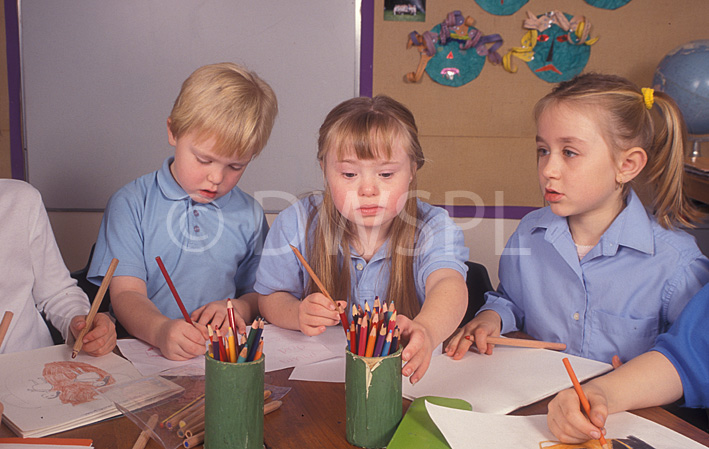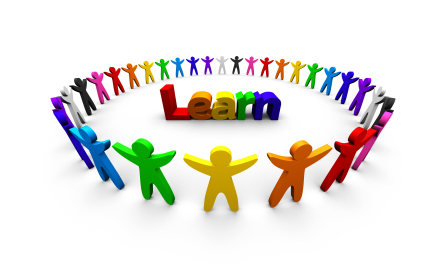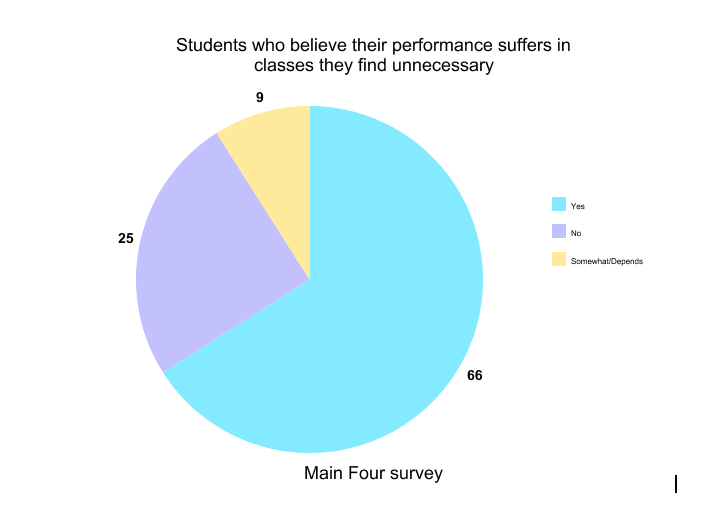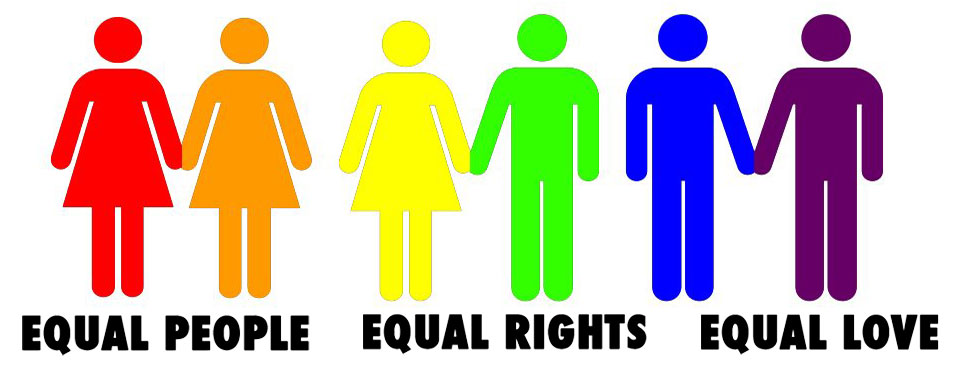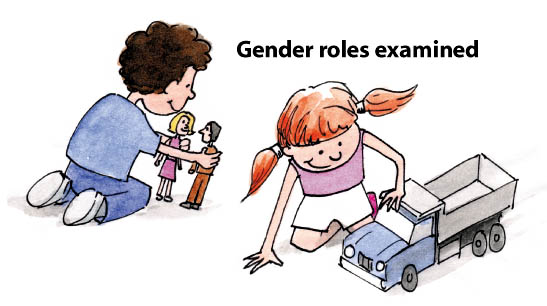Rachel D'Ambrosio
Journal #1
Randon #1
Today I started my service learning
project at Cranston East high school in Cranston Rhode Island. I decided before
entering the school that I really wanted to try different aspects of different
classrooms that I was interested in pursuing as a career. I chose a sophomore
social studies class I chose a phys ed and health class and I also chose a
special ed classroom.on my first day there I started off in the social studies
classroom, I was able to sit to the side of the teacher while the kids took a
test on what I had previously learned in the past weeks it was cut short due to
somebody in the School pulling the fire alarm. After everyone was out of the
school and the building was cleared to go back in the period was basically over
leaving me not much time left. The next classroom I was in was the Phys ed and
health classroom. In this class it was a senior lifting class. At this point
they were in the weightlifting room doing different circuits whether or not it
was free weights jump ropes push-ups Burpee's.
Rachel D'Ambrosio
Journal #2
Random #2
My next time at Cranston East high
school, I decided that I was going to choose specifically the special ed
classroom to focus my time in, because I know for sure that that is what I want
to get into his future career. In this class I was able to sit on the rug with
the students, we we're going over basic notecards of words and pronunciations
of words and they were writing the words down in their notebook. The teacher
did introduce me as a Rhode Island College student, and that day I was faced
with one of the most difficult questions that I really didn't know how to
answer. While sitting with a group of students, I was asked the question
quotation marks am I ever going to go to college to?. I honestly had no idea
how to answer that question I just kind of smiled and try to change the subject
as much as I could. One of the teachers that was in the classroom heard the
question and noticed how I really didn't know how to answer so she also helped
me guide the student away from the question that she had asked. After being
with the students, it makes me more and more excited to work with special needs
students. I knew after working in the family member that has autism that I was
extremely interested in special-education, but now I know for sure that this is
a future career for me.
Rachel D'Ambrosio
Journal #3
Kozol Style
My service learning took place at Cranston high school east. This is
located on Park Avenue in Cranston. Cranston East was not new to me, although I
did not attend Cranston East, my dad is the vice principal. This high school
was massive to me, it has multiple floors and buildings, it was baffling. The
surrounding neighborhood wasn’t bad although the school was located on a very
busy road. Also there wasn’t a large parking lot due to the fact that a lot of
the students don’t drive to school. They don’t have fields close to their
school or on the property, so they have to take busses to use the outside track
and field. The classroom that I am located in is in the front side of the building.
It’s about a 20 x 25 size room with around 15-20 desks in it. The classroom is facing
the main road on the first floor. There is a black board to the front side of
the room, as well as a few half round tables under that. There is also closets,
these are located o the back wall. The room is bright and the walls are filled
with learning utensils. When we finished our unit the collages that the
students made were hung up on one of the walls. It was hard for me to see much
of language and culture in my classroom because I was in a special ed
classroom, but being in my dad’s office I saw how common the Spanish speaking
language is and how Hispanics dominate the makeup of the school. I feel safe in
this school, I think that also because it is so familiar to me. This school is nothing
like my high school. My high school was all white snobby people and the building
was all one floor. My graduating class wasn’t even half of East’s graduating
class.
Rachel D'Ambrosio
Journal #4
Demographics and Diversity
The racial and ethnic background of
the school consists of 42% white, 7% African American, 10 % Asian, 36%
Hispanic, 4% multiracial, and 1% Native American. Also 60% of the school uses
subsidized lunch. Since I was in a special ed. class, my room was decorated
differently than another classroom would be decorated as. When you walk into the
school, everything is beautifully represented, there are showcases lining the
main hall, showing every sport team and clubs trophies and awards, also there
are murals up and down every hallway. Each mural depicts every ethnicity and
leave no one out. There is a beautiful one down near the music and band area as
well. Demographics haven’t really influenced my experience at all. I feel as
though my classroom is like its own little school, its isolated from what the
rest of the school is learning. I was grateful to still be able to get
experiences seeing parents interact with my dad and with their children. There
are usually a lot of language barriers and sometimes the kids even interoperate
for the parents.
Rachel D'Ambrosio
Journal #5
Article Connection
I have been able to see multiple authors in my classroom, although it has
been a little difficult. My classroom consisted of students with autism
spectrum disabilities and severe learning disabilities. Being a part of this
classroom made me think back to the Kliewer article. It was about keeping
students, similar to those I have had in both classrooms I had been in, from
not having the chance to be integrated into non disability classrooms. The unit
that we covered while I was there with body language. Maybe the students could
have been better off getting a chance to see the body language they were
learning about by being integrated into at least one classroom, this could
allow them to see what they were learning in real life. Keeping these students
totally isolated, might be beneficial for their disability, but not allowing
them at least some interaction in a non-disability class is almost as bad as
tracking, as highlighted in Oakes’s article. This unit was definitely a good
example of Lisa Delpit’s rules and codes of power, they were learning how to
read body language. I was also able to see Collier, but not in my classroom. When
I do go to see my dad in his office he sometimes has students who can speak
English but either prefer speaking Spanish because they might not remember some
words in English or in other cases do not speak English at all. I have to say
my dad never forces them to speak English if they’re not comfortable with it,
which would make Collier proud, he usually uses the interpreter they have or if
she’s not there he uses google translate.
Rachel D'Ambrosio
Journal #6
What kind of teacher do
you want to be?
After working in the classroom that I did, I definitely feel as though I
want to be in that exact type of classroom. Just to be able to see the progress
the kids make every time I went in, was truly rewarding. I want to be just like
the lead teacher Mrs. Ruggeri. She is so patient and kind and is just such a
role model of how I want to be with my students one day. Being in this
classroom made me think back to the promising practices key note speaker when
he said, “I may not want to go to work today, but today might be the day I say
or do something to make a difference in someone’s life”. That applies to me in
two ways, the first way is that, that could be me I could be the one to make a
difference in someone’s life, but after being with these students I can’t help
but think that they are the ones who will make a difference in my life daily. I
know a lot of people say it is rewarding to be a teacher, but I want to be the kind
of teacher that not only teaches their students but truly learns more from them
day to day. A teacher is never done learning, it all in how you look at it all
to see the lesson.
